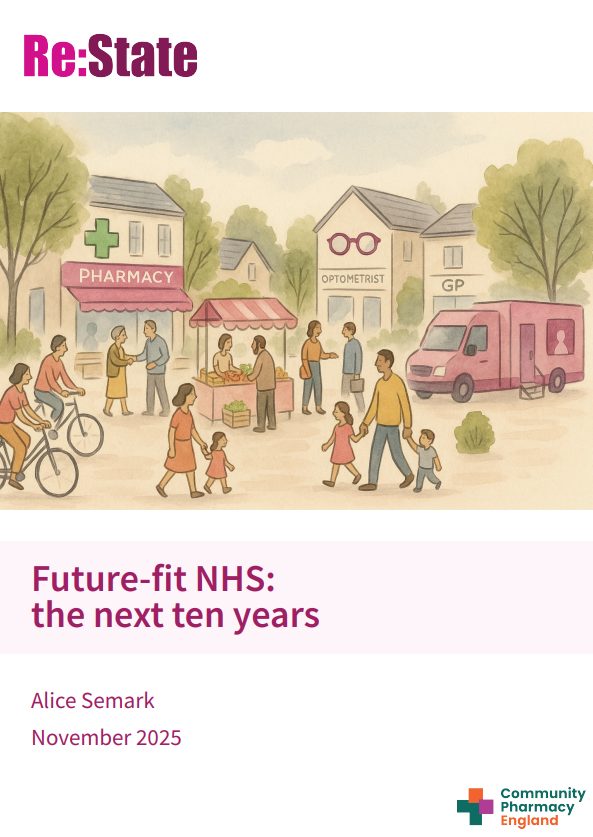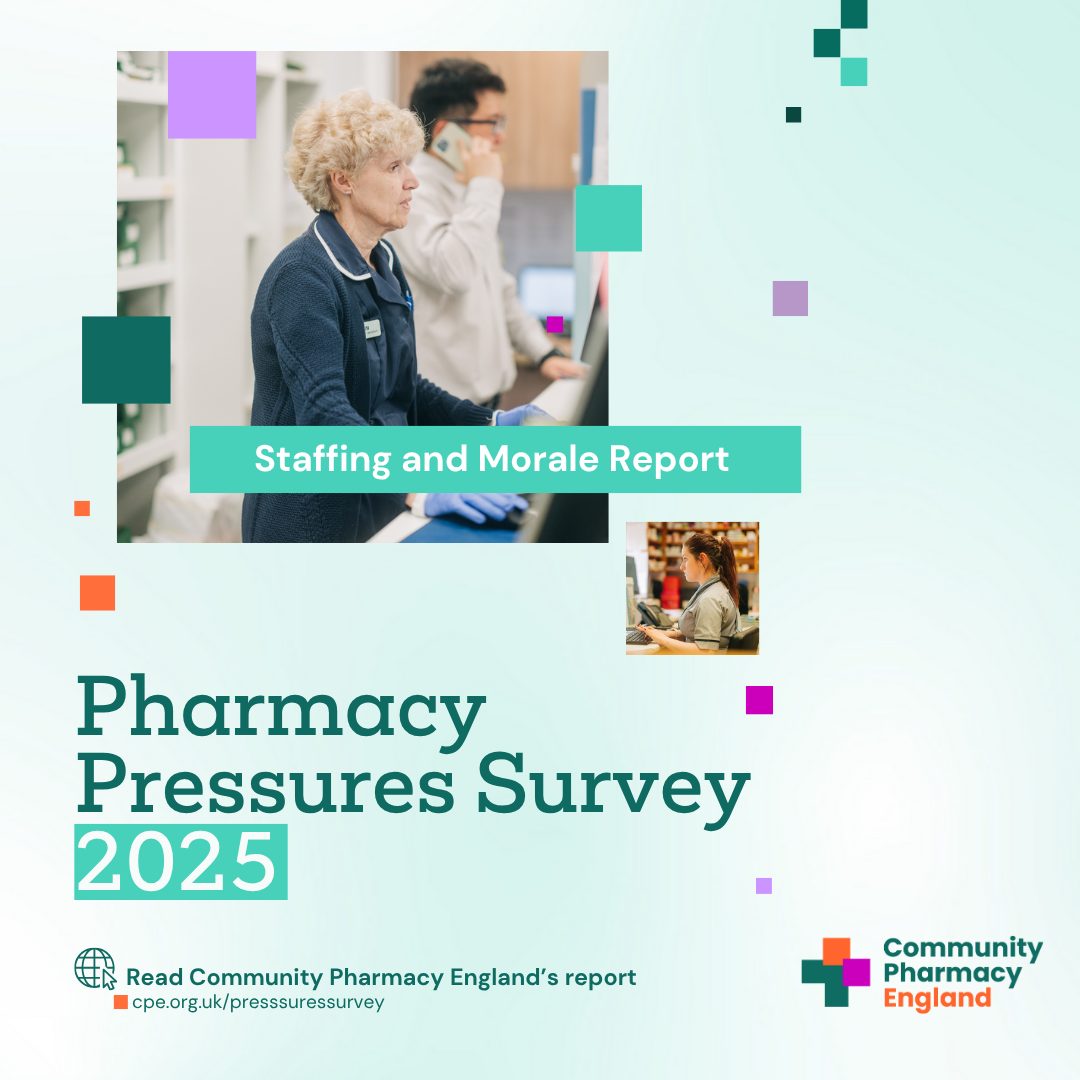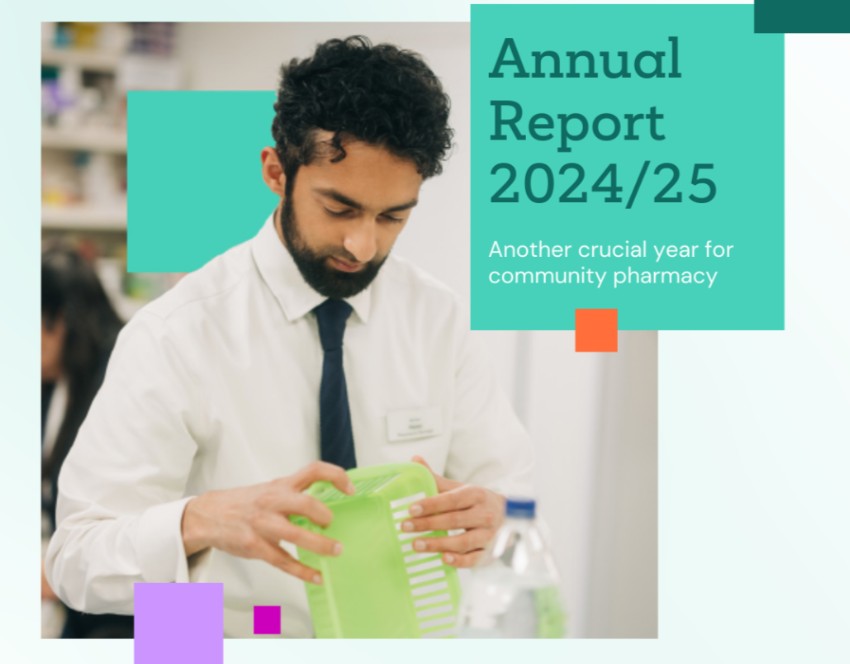PSNC launches Transforming Pharmacy Representation (TAPR) Programme
PSNC has agreed to take forward a comprehensive new programme of work to address the 21 RSG proposals that were directed at the Committee.
Alongside that, the Committee has reaffirmed its commitment to supporting LPCs through the proposed changes for them, and to working together with LPCs on the 10 joint PSNC and LPC proposals.
PSNC met early in July – two weeks after the outcome of the RSG vote was announced – and considered an outline programme plan for all of this work.
Programme Workstreams
Committee Members discussed the principles that should drive the work programme along with the overarching objectives for the transformation. They also agreed to take forward the programme through eight key workstreams as set out below.
- Vision and Strategy: This will cover the development of a new shared vision for community pharmacies which can be used to inform wider pharmacy influencing work and negotiations.
- Influencing and negotiation: This is the work needed to strengthen PSNC’s negotiating capacity and to influence effectively ahead of the next round of CPCF negotiations.
- Governance: The RSG made wide-reaching proposals to strengthen governance at PSNC and the LPCs, and this workstream will see a governance review at PSNC to address these.
- Finance and Levy: The RSG proposed a redirection of a greater proportion of contractor levies towards national work, so new LPC levies need to be calculated.
- LPC Support: PSNC has committed to the production of a toolkit to support LPCs to consider the proposed changes for them, and will also work with LPCs on the joint proposals.
- Engagement and Joint Working: This workstream will explore how PSNC can improve engagement with contractors, giving them more oversight of PSNC activities, as well as the ongoing relationship with LPCs including through the proposed Forum, and wider joint work.
- Branding and Visual Awareness: This workstream will explore work to rename (and rebrand) PSNC as Community Pharmacy England.
- Communications: This workstream will support communication of progress on all of the above workstreams on a regular basis, including via status reports using a traffic-light system.
Taken together, these eight workstreams will make up the Transforming Pharmacy Representation (TAPR) Programme, whose overall progress will be overseen by the full PSNC Committee.
Further information on TAPR
The TAPR programme’s aim is to deliver the changes that contractors want to see as indicated by the recent contractor vote in favour of the RSG Proposals. Ultimately this should mean contractors have a better relationship with, and more oversight of, a stronger national negotiator.
An update on the TAPR programme, with more detail on the objectives, eight workstreams and a progress report, has been prepared for contractors.
Read the TAPR Programme Update for Contractors
PSNC has also prepared a more detailed version of this update for LPCs to share additional information about the joint and LPC proposals, and to outline what LPCs can expect to hear from PSNC, and when.
Read the TAPR Programme Update for LPCs
We also have a new TAPR Programme webpage where we will add updates.
Progress to Date
PSNC made immediate progress at its July meeting with agreements on the programme of work that needs to go ahead and the early priorities for that work, and a decision to rename as Community Pharmacy England (expected to be effective from April 2023).
Work has now already commenced on the early priorities – covering the majority of the eight workstreams – and PSNC’s Resource, Development and Finance subcommittee is considering what immediate resources can be freed up to fund the TAPR programme. This recognises the resource constraints on the team, the fact no additional levy funds will start being available to PSNC until 2023/24, and the need for all of PSNC’s current work to continue at pace alongside this transformation programme.
Contractors can expect a more comprehensive update and plan for the TAPR programme in the autumn, including an update after PSNC’s next meeting in September. Engagement with the sector will be critical for the programme, and future updates as the programme develops will allow contractors to clearly monitor progress. LPCs can expect to be asked very soon about what changes to the LPC Model Constitution they want to see.
In the meantime, contractors and LPCs can ask any questions they have about this work programme by emailing: tapr@cpe.org.uk
PSNC Chief Executive Janet Morrison said:
“Community pharmacy contractors have made very clear through the recent contractor vote that they want to see a step-change at PSNC and the LPCs. A change in how we negotiate and make decisions on their behalf; a change in how we communicate and enable them to hold us to account; and a change in how we work together for the benefit of the whole sector. These are the principles underpinning our new TAPR programme of work, which are pleased to have already begun.
I know that some of the questions on contractors’ minds will be how this programme is ultimately going to help them, how their local LPC is going to be impacted, and how PSNC will make best use of the additional levies, some of which start to be directed to it from the next financial year. Our work programme is still in its infancy, but I hope that through the work both we and the LPCs will be doing, the answers to these questions will become ever clearer over the coming months. I am also determined that contractors will be able to monitor how PSNC is progressing on the RSG proposals that were made for us, and in the autumn we will share with you our detailed programme plan and the first of regular status updates.
But I am also very clear that alongside this work we cannot take our eyes of our critical day job – that of representing the sector and negotiating on your behalf. To underpin this, we are prioritising work to develop a new vision for pharmacy alongside a short-term influencing strategy, and through this we will be working to influence the negotiations on what happens after the current five-year deal. This work programme will not take away all of the external challenges that we face – including the current pressures on public finance – but we do hope it will be the start of a more strategic, collaborative and ultimately effective process of negotiating at both local and national level.”
PSNC Chair Sue Killen said:
“It has been really encouraging to see how colleagues at PSNC have responded to the outcome of the RSG contractor vote, with important early decisions taken at our recent meeting, and the production of an outline programme plan and communications to support it. This is a significant change programme and we have to be realistic about what is possible until we can bring in some more dedicated resource – indeed, the need to provide additional resource to PSNC was one of the RSG recommendations. But all at PSNC are determined to succeed in delivering the benefits that the RSG wanted.
The RSG’s proposals also prescribed some changes for LPCs, and we are looking forward to supporting them through that process, with discussions already being planned for the Annual Conference of LPCs in September. With a clear mandate from contractors, the time has come – for both PSNC and the LPCs – to look ahead and to move forwards with implementation and improvements, and that is exactly what PSNC is already starting to do.”
PSNC Vice-Chair Bharat Patel, also an independent contractor, said:
“At our July meeting, PSNC Members showed how keen we are for a fresh start in some key areas of our work: we agree that our governance needs strengthening, we have long wanted to have the resources and capacity needed to do things like building more evidence, and we are excited about improving our dialogue with contractors and the wider sector. We believe this TAPR programme of work – while it is not all going to happen at once – will ultimately lead to all of those things.
The additional resources to strengthen our negotiating work are much needed and long overdue, given the manpower of our opposite numbers at the Government and NHS, and when this comes onstream we be using this directly to develop evidence and skills that will have an impact on the future for the sector. This doesn’t mean we are going to get better answers for contractors immediately, but it does mean that the work starts now.”






